FAQ
If I have decided to choose ESD as my pillar, what skills will I graduate with?
Fundamentally, you will graduate with an analytical mindset when dealing with problems of business and operations, supplemented by the SUTD orientation toward design. You will be experienced in working with clients and presenting your technical ideas effectively and persuasively. You will be skilled at transforming data into models and using those models to influence major decisions.
What are the advantages to graduating with SUTD ESD data analytics than NUS business analytics?
These days, you don’t need to go to university to pick up the tools of data analytics: there are books, MOOCS, and online materials if you are willing to teach yourself. Similarly, every university will have courses enabling you to pick up these tools. Your facility with these tools will depend more on your personal interest and drive than on which program you attend. That said, our class sizes are small, our faculty passionate, our courses technically deep, and our students entrepreneurial. This is a good place to be.
How does the business analytics course in ESD compare to that of other local universities?
The term 4 course, Data and Business Analytics, is unique to SUTD combining topics from database management, data analytics, process analysis, and business planning. Its signature feature is an industry-sponsored project so you also receive training in project management, oral presentations, and writing an executive summary.
I note the emphasis on the technical relevance of the ESD courses. Does SUTD's HASS approach make me more valuable as a potential employee?
HASS equips you with the perspectives and skills to see engineering problems within a human- and social-centred context. These courses take you beyond questions of “What?” and “How?” and encourage you to think of “Why?” and “Why not?” Employers will value well-rounded engineers and reward them with leadership responsibilities.
Is there a lot of math and programming in the ESD curriculum?
The foundation of the ESD curriculum is operations research, the branch of applied mathematics dealing with decision making and operations analysis. These mathematical techniques are imbedded in a variety of software packages and libraries. You must understand the mathematical principles and develop facility with software and programming to make effective use of these tools and techniques. So, both mathematics and programming are a part of the ESD curriculum. ISTD likely requires more time spent coding than ESD.
Will there be hands-on experience in ESD?
Definitely, yes. Please read the descriptions of projects in the earlier response.
What kind of projects will ESD students be undertaking in terms 4-6?
Term 4:
Data and Business Analytics: Your first ESD project is with a real client from industry or government and typically involves mining a large corporate data set for business insights and making recommendations to the client. In subsequent projects, you will find your own clients.
Term 5:
Manufacturing and Service Operations and Statistics: Propose and validate ways to improve the operations of an organization combining tools from statistics and operations analysis.
Engineering Systems Architecture: Design, build, and test a game or device to meet a social objective.
Term 6:
Simulation Modelling and Analysis: Conduct a digital simulation of an organization’s operations before and after a proposed improvement and measure the benefit.
Network Analysis and Control: Find a database describing a large scale network and analyse its structural properties.
Does ESD offer a minor?
Currently ESD does not offer a minor.
Does the ESD curriculum involve a lot of Physics?
The ESD core modules – Probability, Optimisation, Statistics, Operations Management, Stochastic & Network Modelling, etc. – do not directly include many Physics concepts. However, these analytical tools can be used to study Physics problems. In terms 6, 7, and 8 students choose the majority of their courses. Since students can take up to 36 credits from another pillar, they can choose electives that are either related to Physics, or not related to Physics.
What specialisations are available within ESD?
The ESD programme gives you the opportunity to select 60 credits from elective courses. This flexibility gives you the chance to customise your degree and specialise if you want to. One way to specialise is to follow one of the specific ESD specialisation tracks.
